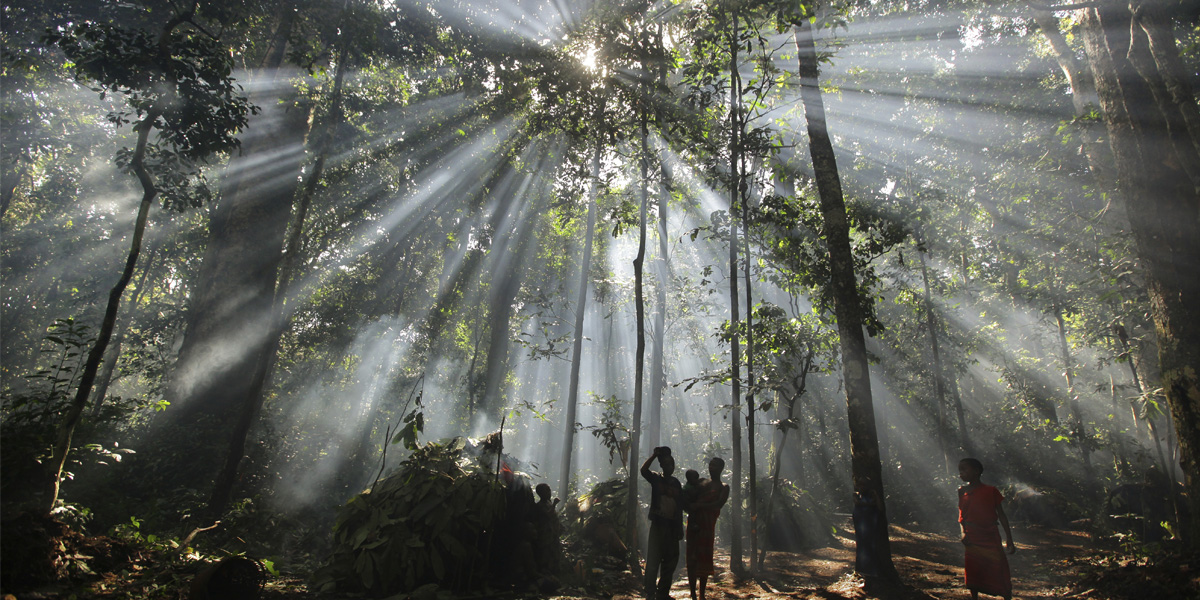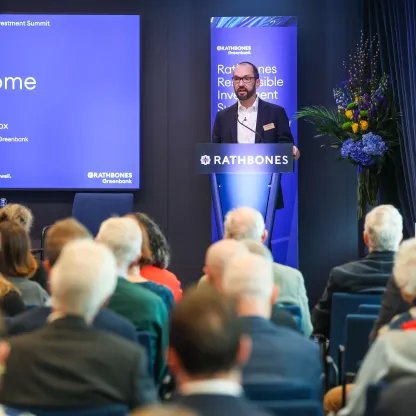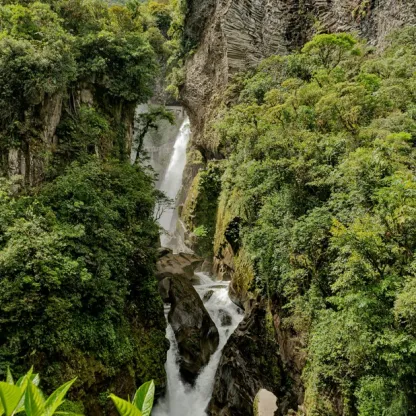As the 13th UN Forum on Business and Human Rights wraps up, we reflect on the key messages from this annual global gathering.

Human Rights: Thoughts from the Forum
Article last updated 3 December 2024.
The voices of those with less power need to be heard and deserve 'meaningful' engagement.
The UN Forum on Business and Human Rights has made attempts to ensure that as broad a range of voices as possible can attend and speak at the event. This inclusive approach has enabled representation by Indigenous peoples, rights defenders, and communities that are at risk of, or threatened by, human rights abuses to attend, ensuring a range of voices can be heard.
Another key message from the Forum was that we should bear in mind the power and information asymmetry between government and/or business on the one hand, and individual rights holders (such as workers or local community members) on the other. This asymmetry must be considered when planning projects and operations, when performing human rights due diligence, and when remedying human rights abuses.
This is becoming ever more important as increasingly large-scale land acquisition is needed to deliver the infrastructure and energy projects required for a low carbon transition. Delivering global climate ambitions must not come at the expense of the rights of Indigenous peoples and local communities.
The Forum itself is one way in which a broad range of voices are heard. Other initiatives, such as JaCER (Japan Center for Engagement and Remedy on Business and Human Rights) and CLARITI (Community-Led Assessments of Rights Impacts in the Technology Industry, within Ranking Digital Rights) were referred to as attempts to enable a wider range of voices to be heard and, if necessary, provide easier access to remedy for victims of human rights abuses.
The EU Corporate Sustainability Due Diligence Directive (CSDDD) represents a significant step forward in mandating human rights due diligence.
The CSDDD came into force in July of this year, with a requirement for national laws to be enacted by EU member states within the following two years. There appears to be consensus that while no legal framework is perfect, nor can it fully prevent human rights abuses, it represents a significant step forward in mandating the pillars of the UN Guiding Principles on Business and Human Rights (UN Guiding Principles).
There was also broad consensus that the range of voluntary and mandatory frameworks incorporate the same key principles, namely respecting rights, human rights due diligence, and ensuring access to remedy. While in many areas of sustainability there sometimes appears a labyrinth of frameworks, within human rights at least, there is consensus on the gold standard. The UN Guiding Principles are the overarching guide.
Climate change is a human rights issue.
This is not meant in the sense that 'everything is connected to everything'. Rather, in practical terms, climate change litigation has been effective to date on arguments related to human rights. This has included the rights of future generations as well as the rights of people dealing with its consequences today.
The first landmark decision of this kind was a case brought by eight residents of the Torres Straight Islands (located off the northern coast of Australia). In this, the UN Human Rights Committee[1] found the Australian government to be violating its human rights obligations to the Torres Islanders due to inaction on climate change.
Since then, further cases have been brought successfully around the world which find states have failed in their duty to protect human rights due to climate inaction[2].
The global response depends on ‘a smart mix of measures’.
The theme for the Forum was 'a smart mix of measures'. But what does this term mean for Greenbank and our clients?
In short, it means that tackling any of these complex ‘tragedy of the commons[3]’ types of problems is reliant on multiple solutions. As in the response to climate change, policy alone can’t solve it, nor can individual consumer changes, nor business and finance.
It requires a multi-faceted approach - a ‘smart mix’- and as investors we can have an important role to play as part of this on behalf of our clients who want their portfolios managed in an ethical and sustainable way.
As investors, we can use our influence to encourage companies to meet best practice on human rights due diligence and then continue to hold them to account against this standard. Not only is this the right thing to do, we believe it also makes good investment sense to proactively manage human rights risks given increasing regulatory pressure, and the risks to companies of reputational damage and of litigation where human rights are violated. As in many areas of sustainability, a well-run business is one which effectively manages its risks and opportunities, for the benefit of not just the bottom line but also with the transition to a healthier planet and a more equitable society in mind.
That’s why at Greenbank we have been assessing companies against the UN Guiding Principles on Business and Human Rights and engaging with them to encourage improvements. This will remain a priority within our research and engagement work during 2025.
Through this programme of engagement work, and other steps such as incorporating human rights considerations into wider sustainability issues like the energy transition, we aim to play our part in the ‘smart mix’ of approaches required for tackling human rights abuses.
[1] https://www.ohchr.org/en/press-releases/2022/09/australia-violated-torr…
[2] As a subsequent example, in Verein KlimaSeniorinnen Schweiz and Others v. Switzerland, the European Court of Human Rights found that there had been a violation of the European Convention on Human Rights and that the Swiss Confederation had “failed to comply with its duties under the Convention concerning climate change”.
[3] "The tragedy of the commons is a concept which states that if many people enjoy unrestricted access to a shared public resource they will tend to overuse it and may end up destroying its value altogether."




